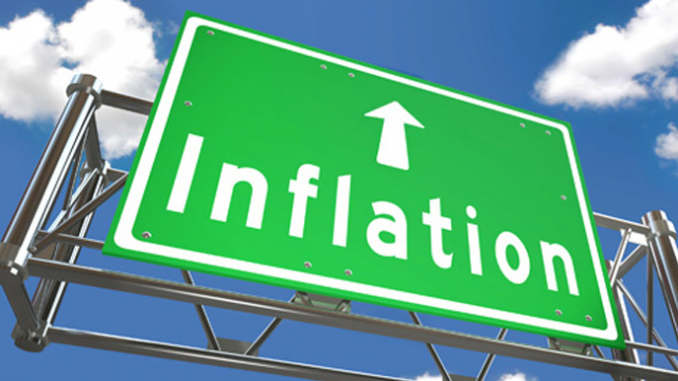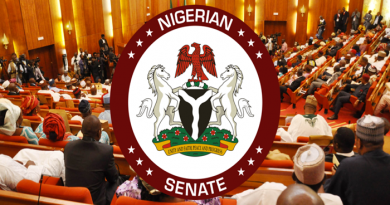Nigeria’s inflation rises further, hits 14.89% in November
The latest figures by the National Bureau of Statistics (NBS) show that after attaining the highest level in 30 months in October, Nigeria’s headline inflation climbed further to 14.89 per cent in November even as the composite food index rose sharply by 18.30 per cent in November compared to 17.38 per cent in October.
This is the 14th straight month the rate has quickened. This may be attributed to the rise in food prices initially caused by border closures, dollar restrictions and the recent banditry attacks that are preventing farmers from producing food.
The report published on the website of the bureau on Tuesday shows that the new inflation rate is 0.66 per cent points higher than the rate recorded in October 2020 (14.23 per cent).
Nigeria’s inflation had earlier been affected by the federal government’s decision to shut its land borders. It became worse with the emergence of the coronavirus which affected the global economy.
The economy is yet to recover from the coronavirus effects and the plunge in crude prices.
The rise in the food index by 18.30 per cent was said to have been caused by increases in prices of bread and cereals, potatoes, yam and other tubers, meat, fish, fruits, vegetables and oils and fats.
On month-on-month basis, the food sub-index increased by 2.04 per cent in November 2020, up by 0.08 per cent points from 1.96 per cent recorded in October 2020.
For core inflation, which excludes the prices of volatile agricultural produce stood at 11.05 per cent in November 2020, down by 0.09 per cent when compared with 11.14 per cent recorded in October 2020.
The highest increases were recorded in prices of passenger transport by air, medical services, hospital services, repair of furniture, passenger transport by road, maintenance and repair of personal transport equipment, vehicle spare parts, hairdressing salons and personal grooming establishments, pharmaceutical products, paramedical services and motor cars.
In November 2020, all items inflation on year on year basis was highest in Bauchi , Kogi and Zamfara, while Abia, Delta and Kwara recorded the slowest rise in headline Year on Year inflation.
In November 2020, food inflation on a year on year basis was highest in Kogi , Sokoto and Zamfara and Ebonyi, while Abia, Bauchi and Gombe and Nasarawa recorded the slowest rise.
“On month on month basis however, November 2020 food inflation was highest in Kogi , Osun and Cross River , while Akwa Ibom , Edo with Nasarawa recording price deflation or negative inflation (general decrease in the general price level of food or a negative food inflation rate)”.




